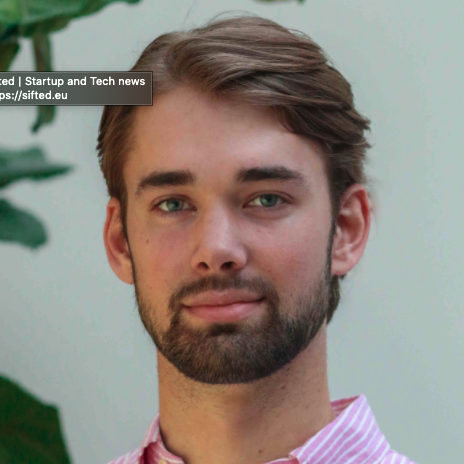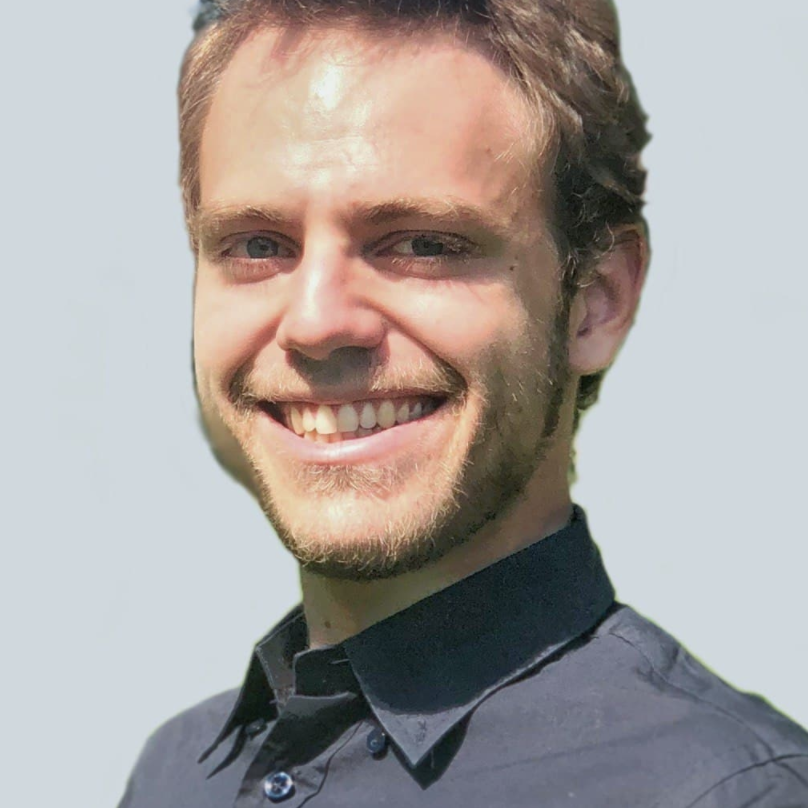⚠️ A valid COVID certificate must be presented on site to enter the event. ⚠️
Ever wondered why that molecule is hydrophobic? Or why a region is constantly jammed with traffic? Or why certain people in a social network might know each other?
All these problems can be modelled by using powerful data structures: graphs, made of entities (nodes, such as the atoms of a molecule) and relationships (edges between the nodes, such as the chemical bonds). These can be fed into machine learning models which leverage relationship information for predictions: for example, a model can be trained to classify whether a molecule will be hydrophobic or not. In particular, deep learning (DL) has recently been extended to work on graphs, with the advent of graph neural networks (GNNs).
Up until now and like in many other domains, deep learning on graphs, albeit powerful, was completely obscure. In fact, DL models all lack inherent interpretability.
With the recent introduction of post-hoc interpretability techniques, light was shed on several DL models. Last year, this was made possible on graphs too, thanks to the advent of several new interpretability techniques.
This opens up a world of possibilities to better understand how these models leverage complex relationships between entities during their predictions.
During this workshop, the participants will learn how to model a variety of problems using graphs, train GNNs on them and apply state-of-the-art techniques to interpret the underlying motivations that led to their predictions.
- Represent information as graphs
- Learn about Deep Learning adapted to graphs: Graph Neural Networks (GNNs)
- Distinguish inherent vs. post-hoc interpretability in Machine Learning
- Understand post-hoc interpretability techniques for GNNs
- Train a Graph Neural Network
- Create your own graph and make a prediction with your trained GNN
- Apply post-hoc interpretability techniques to understand your model’s prediction"
Beginner level
- Knowledge: None
- Equipment: Own computer
- For more information and access to the workshop material, go to: https://github.com/VisiumCH/AMLD-2021-Graphs



